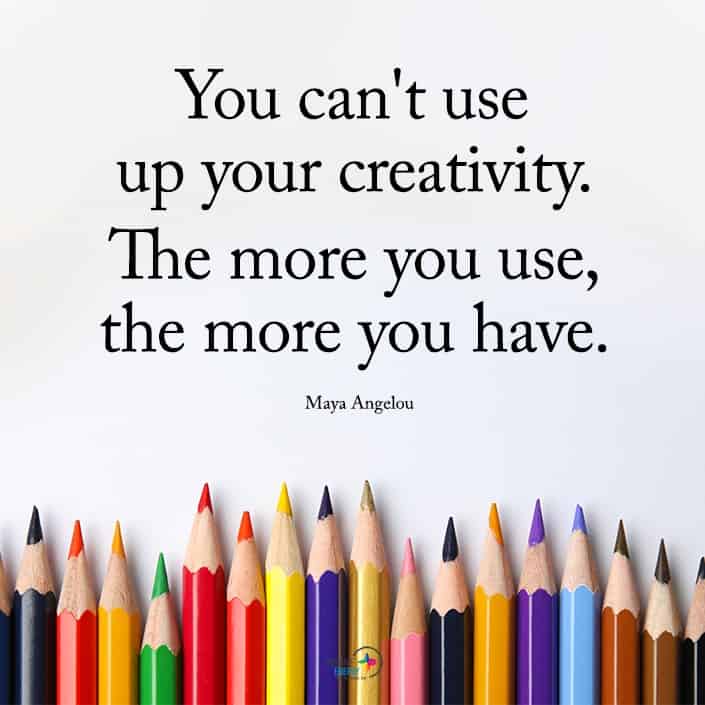Think of your mind like an endless storage room for all your thoughts, emotions, and past experiences. If the room gets too cluttered, it’s challenging to navigate through it and find what you need. Maybe journal writing can help bring clarity and ease to your mind, body, and spirit.
Even before the first humans developed written language, they felt a primal urge to chronicle events in their lives. For thousands of years, history and cultural heritage were preserved by oral history passed down from the elders. Early civilizations also used simple carvings and drawings to illustrate their experiences for future generations.
The advent of written language allowed people to describe notable happenings in their society, personal impressions, and fine detail. Some of these more advanced journals existed in the ancient world, in places such as China, Japan, and Egypt.
Samuel Peppy was an iconic journalist who supplied a vivid picture of the Black Plague in 17th century Europe. Throughout each generation, diaries and journals have contributed vital information and a beneficial emotional outlet for the author.
Is Journal Writing for You?
Whether you record your reflections in a journal, diary, or log, it may offer you the mental transparency you want. It’s an ideal way to identify and focus on your goals or to list highlights of your day. Journaling may help kick the mental clutter and organize your thoughts and feelings.
According to a study published in JMIR Mental Health by Dr. Joshua M. Smythe et al., journal writing may provide promising benefits. Among these are possibly more mental clarity and an anxiety reduction. Putting your emotions into words may bring clarity and healing.
An article published by the American Psychological Association mentions research by Dr. James Pennebaker on the benefits of journal writing. Pennebaker’s studies suggest that not only may this practice help you mentally, but it might also have physical benefits. Learning from negative experiences may boost your immune system.
Whether you record your thoughts and feelings in a simple notebook or on your computer, journaling can help your progress. It’s up to you if you make daily notations or once a week. Here are nine ways that writing in your journal can benefit your mental clarity.
1. Discovering the Basis for Your Negative Emotions
Sometimes, you may feel so aggravated or upset, and you don’t know why. As part of your journaling experience, you can jot down your emotional state. Try to be as specific as possible, such as you’re angry that your boss is dumping extra work on you.
Or maybe you have a list of issues that are irritating your nerves or making you sad. As you give words and names to these negative feelings, you’re more apt to discover their source. Writing in your journal may empower you to identify the negativity and how you can confront it.
2. Learning the Essential Art of Gratitude
Two of the most straightforward words that bring great power are “thank you.” Whether you are thanking a person for their kindness or uplifting gratitude to the Universe, it’s a life-changing statement. Do you find that you complain more than you voice your appreciation?
Journal writing is a profound tool for recording and expressing daily gratitude. How were you blessed today, and who or what brought joy to your life? What everyday comforts are quickly taken for granted that can spring up a well of gratitude?
Many writers find it easier to make a gratitude list in their journals. You can do that or devote your entire volume to the blessings that make the world so beautiful. When you need mental clarity and a break from negative thinking, reflect on your grateful journal entries and see how they change your perspective.
3. Preparing a Mental First Aid Kit
It’s often difficult to reason when you’re faced with a negative situation. Be prepared for these life glitches by recording your favorite affirmations. These positive phrases help you collect your thoughts and rely on what you know to be true.
These can be simple words, like “I’ve got this,” or “It’s bad now, but nothing lasts forever.” Of course, there are no magical words to recite when you’ve experienced a devastating loss. However, the positive affirmations you write in your journal can help you fully feel the loss and start the process of healing.
Consider making a list of affirmations and guiding thoughts in your journal. Include your spiritual mantras or inspirational quotes. When the storms come, you already have a source of strength.
4. Revealing Your Inner Creativity
How many times have you downgraded yourself and stated that you’re not creative? Perhaps these negative statements are what stand in the way of your creative potential. Writing in your journal may be the spark you need to fuel those imaginative fires.
As you write, feel free to imagine yourself doing anything you please. Allow yourself to suspend reality if you want a different style of writing. No matter what creative outlet you choose, journaling about it may give you more confidence to try.
Go ahead and make a list of all your aspirations, no matter how lofty they seem. Include any of your childhood dreams and things you’ve contemplated over the years. What is holding you back from letting your creative energies flow?
Should you deprive yourself of the joys of learning to paint just because you’re not Michelangelo? You needn’t be another Mozart to become a decent pianist. Who knows, perhaps your journaling may stimulate your inner novelist.
5. Reflecting on the Past
In his book, The Light in Heart, Roy T. Bennett writes that the past is for reference and not for residence. While you can rob yourself of the gift of living in the present, the past provides priceless lessons not to be forgotten. Journal writing can jog your memory.
Try to make it a habit of reviewing and reflecting on past journal entries. Has hindsight improved your vision, or do your words still resonate in your mind? Maybe you’re facing a similar situation today and need some encouragement from your past thoughts.
Some of your past entries can also reveal your emotional and spiritual growth. The thoughts and emotions you recorded days or months ago may have changed now. Chronicling your evolution may remind you of where you were then, where you are presently, and your future path.
6. Acknowledging Your Feelings
Journal writing allows you the freedom to flow with your thoughts and feelings without judgment. Your journal musings are for your eyes only unless you choose to share with a trusted someone. You are one with your emotions, and your journal can be a safe place.
Go ahead and blast that insensitive person in your writings. Pour your heart into the pain someone or something is causing. If you feel unloved, unappreciated, or less than, then rage to your journal as your secret confidant.
7. Detaching Yourself from Your Feelings
At first, your emotions may be too raw for you to be rational. Although your feelings are pretty genuine, they may represent reality. This overflow of emotions often clouds your view of your dreams and what’s true.
Journal writing can give voice to your feelings to vent. It may not resolve any problems now but may offer more clarity. Even if you can’t change something, you may later change your attitude about it.
It is also a unique tool for gently detaching yourself from your emotional thoughts. You disconnect from yourself to become an outside observer. Subjective writing can bring the issues into better focus, and you can gain more insight and self-compassion.
8. Letting Go of Past Hurt and Disappointments
Nobody goes through life without some pain and disappointment. These are often the things that teach you lessons and help you grow mentally, emotionally, and spiritually. The only way that you learn to improve is to make mistakes and keep trying.
When you record these in your journal, you acknowledge them and allow yourself to experience all the negative emotions. Instead of spoiling your spirit with regret and bitterness, you work on ways to forgive and move forward.
While it’s not a license for others to hurt you, forgiveness is a gift you offer yourself. Reviewing your journal can help clear your mind and better cope with the past. You acknowledge this painful path and walk into the future with compassion and determination.
9. Creating More Positive Energy
These essential elements are intrinsically connected since you’re a combination of body, mind, and spirit. Anything that affects these aspects of your being can upset that delicate balance with the other two. Negativity not only hinders you mentally and emotionally, but it depletes your body and spirit’s energy.
Another benefit of journal writing is that it can help you recognize negativity and overcome it with positivity. Creating a positive attitude doesn’t erase all your problems, but it gives you more clarity to solve or cope with them. Keeping a list of positive affirmations in your journal may help you cultivate more joy.
Final Thoughts on Journal Writing for Mental Clarity
If you want a better understanding of your deepest thoughts and feelings, journaling is an ideal way. You can see yourself as you are and clear your mind for a better experience. It’s your story that records the challenges of your past and the victories of today.

















 Community
Community

